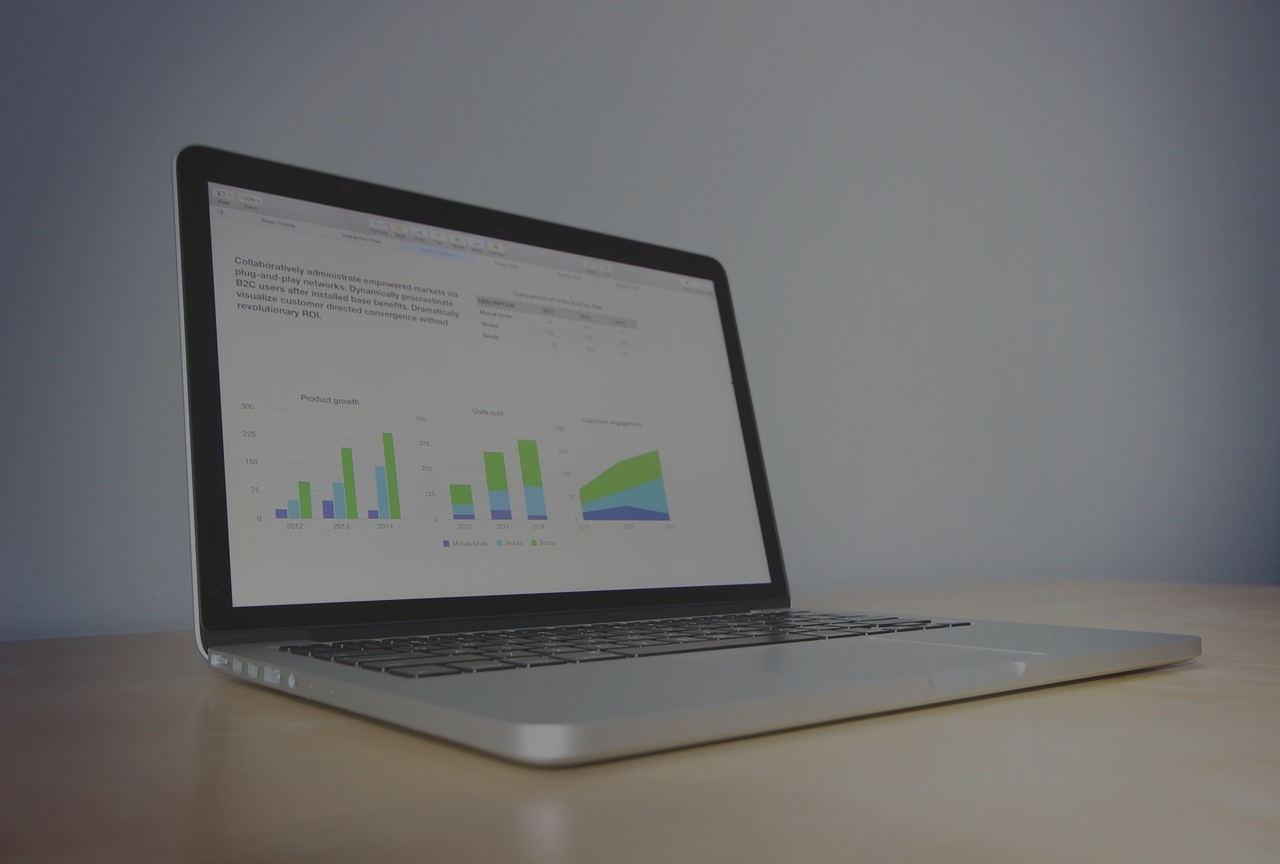How Long Covid Is Affecting Workplaces and What You Can Do About It
Long Covid is real and its impact is significant for the people who have it. The World Health Organization estimates that around 10% of people who have contracted Covid will develop long Covid. This means approximately 300,000 Canadians have long Covid and that number will increase.
Long Covid is a collection of symptoms that last anywhere from four to twelve weeks and longer after infection. The most commonly reported symptoms of long Covid, in no particular order, include
- Fatigue,
- Brain fog,
- Decreased memory and concentration,
- Dizziness,
- Joint and muscle pain,
- Headaches,
- Persistent cough,
- Shortness of breath, and
- Depression and anxiety.
While we don’t know a lot about long Covid, we know it can damage organs and have a deleterious impact on the nervous and immune systems. We know that anyone who contracts the virus is at risk for long-term effects, regardless of the severity of their infection.
Employers should be aware of long Covid so they can be prepared to support employees who are affected. Issues in the workplace are likely to be presenteeism, casual absence, and disability leave. Employers can lessen the impact and provide meaningful assistance to employees through empathy, proactive policies, and ongoing support.
Empathy
A little understanding goes a long way in helping employees. We know that empathy can lead to better communication and more favourable outcomes, especially when dealing with a medical condition. Employers can start by learning about long Covid. To date, research indicates that recovery from Covid is not linear, which means employees may experience unpredictable periods of regression. Patience, understanding, and flexibility will be key themes for managers supporting affected employees.
Proactive Policies
Proactive well-communicated policies and procedures are incredibly effective when navigating unpredictable situations. Take the time to identify areas in your policy manual that can be strengthened to better support employees. Specifically, we recommend reviewing procedures for obtaining medical information about an employee’s abilities, limitations, and restrictions as they apply to the workplace. Also, look at the current process for offering modified duties and flexible work arrangements like working from home or adjusted hours. Finally, make sure that performance expectations are adjusted accordingly so that employees have plenty of opportunities for success when on modified duties or flexible work arrangements.
Ongoing Support
A supportive workplace increases employee engagement, improves retention, and creates more opportunities for collaboration and success. It is pretty easy to be supportive when everything is going well, but it is crucial to maintain support during difficult times. Decades of research on disability management and return to work outcomes have confirmed that employees will be more successful when they feel supported, both when recovering and over the long term. Key features of a supportive workplace include
- Ensuring employees are listened to,
- Offering help, and
- Facilitating access to resources.
Managers and human resources departments often assume that employees know what resources are available and how to access them. Unfortunately, many employees don’t know this and it can feel overwhelming to track it down. Find multiple ways to regularly communicate with employees about their benefits and employee assistance plans. Never assume that sending an email once a year is enough! Compile information about resources that might be helpful and make sure this information is easily accessible. Below are a few long Covid-related resources to get you started.
- Together 4 Health was published by Alberta Health Services and provides information about symptoms, recovery, and resources.
- Getting Healthy After Covid is another site from Alberta Health Services that has a plethora of information for patients, caregivers, and employers.
- Long Covid Canada is a website run by long Covid patients and has resources as well as information about support groups.
- Covid Long-Haulers Canada is also patient-run and is currently the largest online Covid community in the country.
- The Government of Canada published a page with information about long Covid, treatment, and other resources.
Long Covid is relatively new, and there are many unknowns. The good news is that a framework and best practices already exist for supporting employees with medical conditions. If you want to make sure your workplace is ready to help employees succeed at work as they recover from long Covid, don’t hesitate to get in touch with us. We can help you improve policies and review benefit plans to ensure employees have the tools and resources they need to succeed.










